Milestones: April 19, 2019
Recent awards, recognitions, and accomplishments from our students and faculty
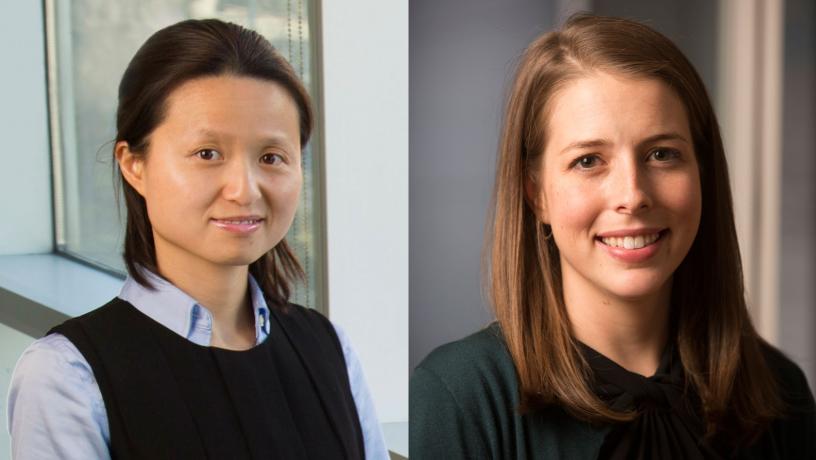
Sharon Di, assistant professor of civil engineering and engineering mechanics, and Allie Obermeyer, assistant professor of chemical engineering, were among 10 junior faculty who won Junior Faculty Diversity Grants from the Provost’s office, under the Grants Program for Junior Faculty Who Contribute to the Diversity Goals of the University. Di’s project is “Sustainable and Fair Ecosystem Towards Robotic-Human Vehicle Interactive Driving Equilibrium (SAFE2RIDE);” Obermeyer’s is “Directed Evolutions of New Biomaterials.”
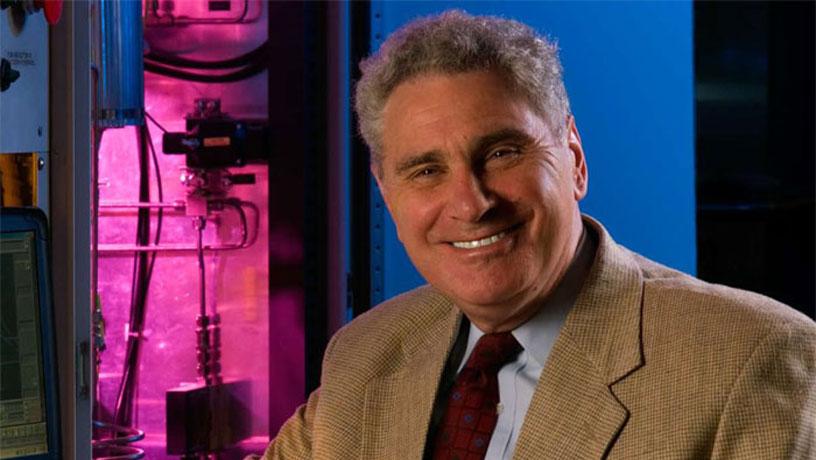
Robert Farrauto, professor of professional practice in earth and environmental engineering, is one of 66 academic inventors who were elected to the National Academy of Inventors’ (NAI) inaugural class of NAI Senior Members. He was selected by the NAI Senior Member Advisory Committee for his “success in patents, licensing, and commercialization” and for producing “technologies that have brought, or aspire to bring, real impact on the welfare of society”. He was inducted at the NAI’s 2019 Annual Meeting, held in Houston April 10-11. The NAI’s mission is to recognize and encourage inventors with patents issued from the U.S. Patent and Trademark Office, enhance the visibility of academic technology and innovation, encourage the disclosure of intellectual property, educate and mentor innovative students, and translate the inventions of its members to benefit society.
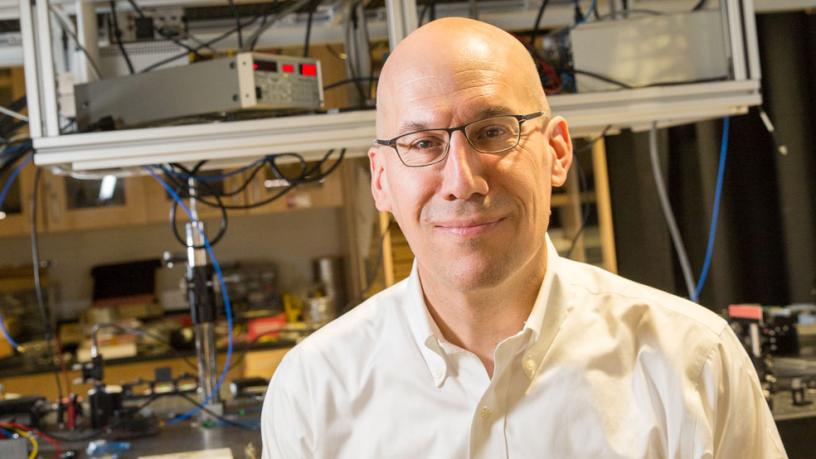
Alex Gaeta, David M. Rickey Professor of Applied Physics and of Materials Science and professor of electrical engineering, was selected by the Board of Directors of The Optical Society (OSA) as the 2019 recipient of the Charles H. Townes Award. OSA is honoring Gaeta for his seminal contributions to chip-based nonlinear photonics, nonlinear optics in photonic crystal fibers, and nonlinear propagation of ultrashort laser pulses.” Established in 1980 to honor Charles Hard Townes, whose pioneering contributions to masers and lasers led to the development of the field of quantum electronics, the award is given to an individual or a group of individuals for outstanding experimental or theoretical work, discovery, or invention in the field of quantum electronics. Townes was a physics professor at Columbia and served as chair from 1952-55.
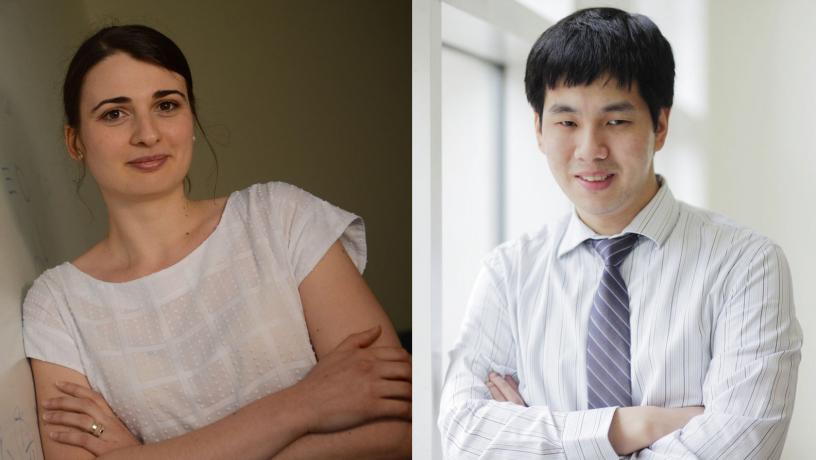
Roxana Geambasu and Daniel Hsu, both associate professors of computer science, have won Google Faculty Research Awards, grants given to faculty at top universities to support research that is relevant to Google’s products and services. The program is structured as a gift that funds a year of study for a graduate student.
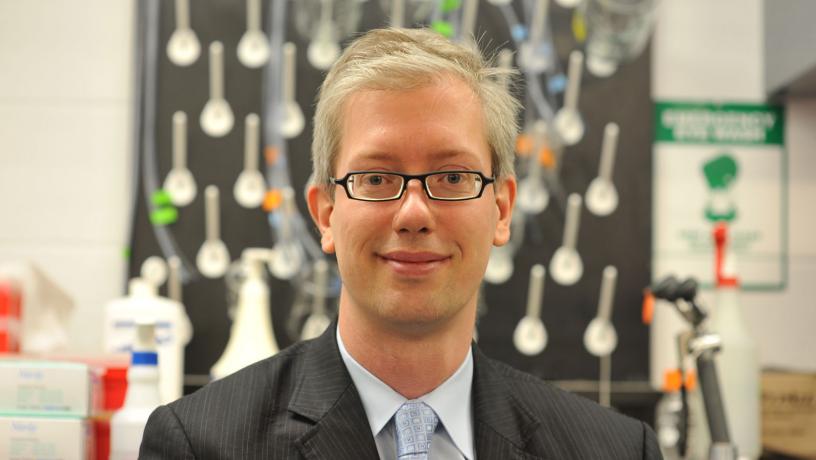
Biomedical Engineering Professor Henry Hess was inducted as an American Institute for Medical and Biological Engineering (AIMBE) Fellow on March 25, 2019, at the National Academy of Sciences.
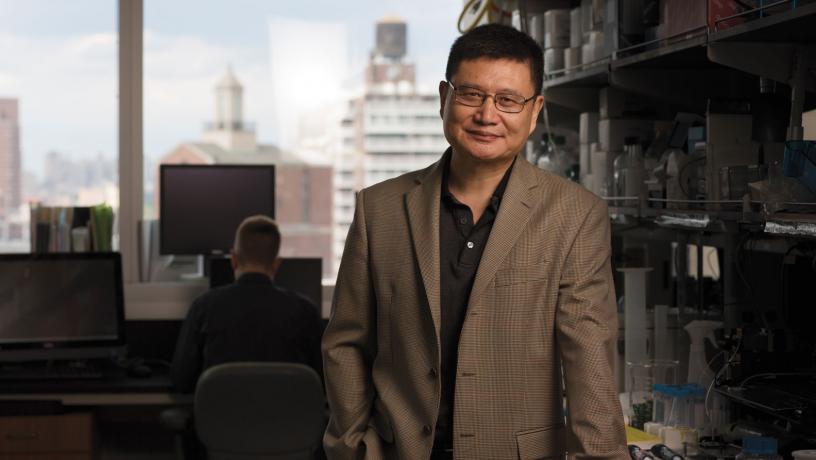
Jingyue Ju, director of the Center for Genome Technology and professor of chemical engineering, was elected a National Academy of Inventors (NAI) Fellow. The NAI Fellows Selection Committee chose him for induction as he has “demonstrated a highly prolific spirit of innovation in creating or facilitating outstanding inventions that have made a tangible impact on the quality of life, economic development, and welfare of society.” Ju was inducted at the Fellows Induction Ceremony on April 11, 2019, at the Space Center Houston in Houston, TX.
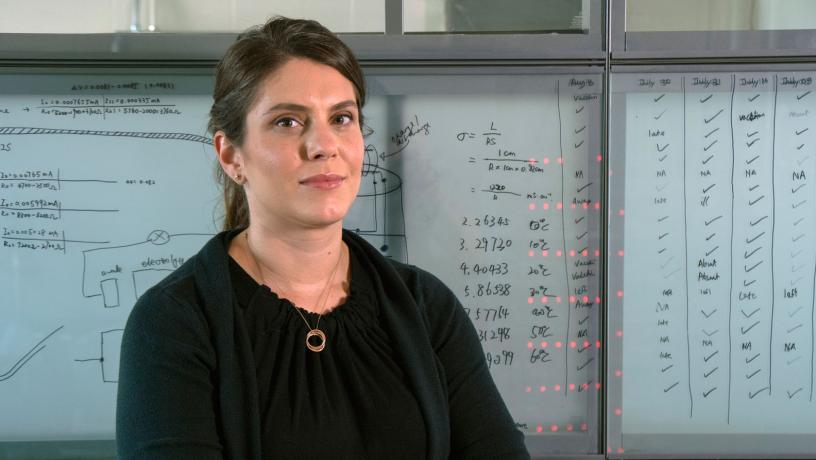
Lauren Marbella, assistant professor of chemical engineering, has won the Scialog Collaborative Innovation award, which will support her research on rechargeable metal anodes for Li ion batteries. She is collaborating with computational experts from Carnegie Mellon University and Purdue University on this grant.
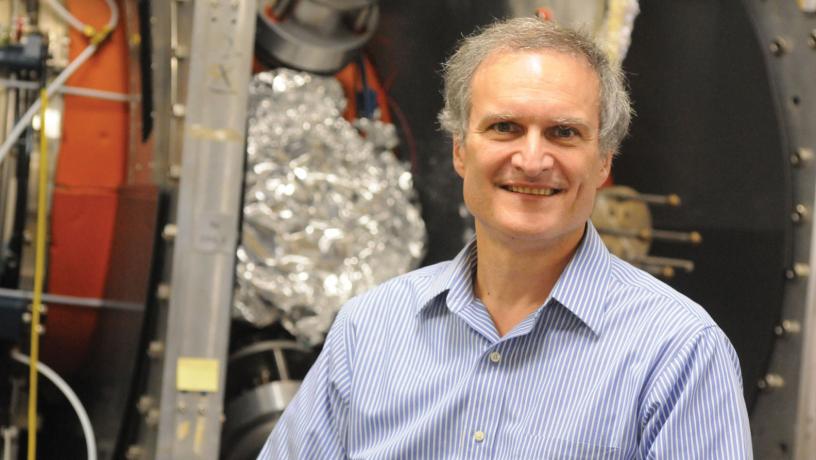
Gerald Navratil, Thomas Alva Edison Professor of Applied Physics, had a U.S. Department of Energy grant renewed for ~ $4 million over three years to continue his tokamak research program in the department’s Plasma Physics Laboratory. Working with Applied Physics Professor Mike Mauel, Navratil is studying the behavior of magnetically confined plasmas for fusion energy production. Their research on HBT-EP (High Beta Tokomak-Extended Pulse) has pioneered the use of active feedback control of plasma instabilities, which enables the production of higher fusion power in future fusion power plants. Says Navratil, “The renewal of our research grant will allow us to extend our results and test more advanced control algorithms. We’ll also be able to test novel control actuators--localized electric currents flowing on the plasma outer boundary--that are driven by a feedback control system.”
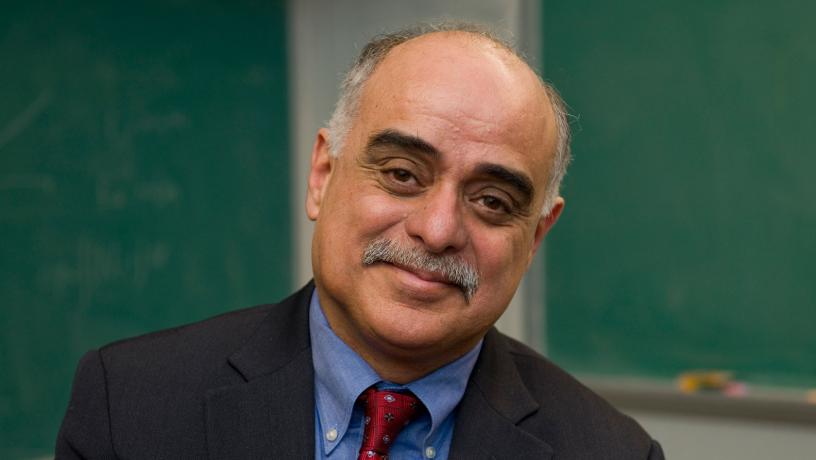
Cevdet Noyan, professor of materials science and engineering and of earth and environmental engineering and former chair of the applied physics and applied mathematics department, won the 2019 Hanawalt Award from the International Centre for Diffraction Data (ICDD). Noyan was selected for this honor, which is presented by the ICDD every three years, for his many relevant contributions to X-ray diffraction methods and for the depth and breadth of knowledge in combining materials science and diffraction characterization.
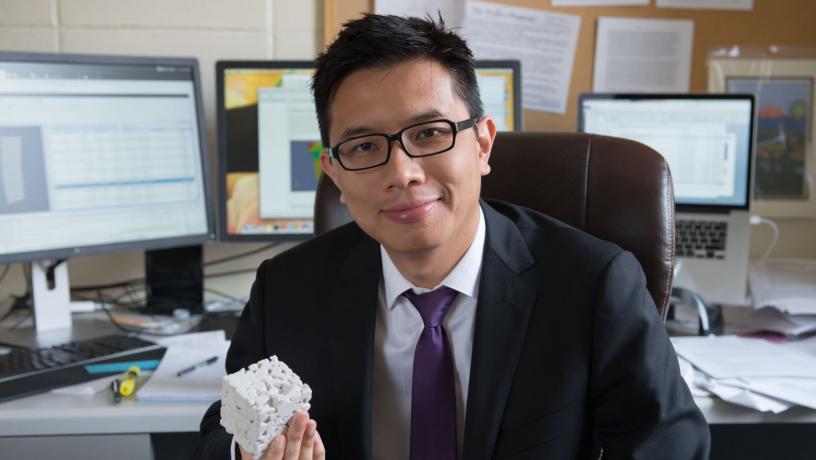
Steve WaiChing Sun, assistant professor of civil engineering and engineering mechanics, is part of a team that won a U.S. Department of Defense (DOD) multidisciplinary university research initiative (MURI) award for $7.5 for FY2019. One of 24 research teams pursuing basic research spanning multiple scientific disciplines, the group is led by the University of Missouri, and includes researchers from the University of Iowa, the University of Illinois at Urbana-Champaign, Rensselaer Polytechnic Institute, Purdue University, the University of Illinois at Chicago, as well as Columbia Engineering. The team’s project, “Integrating Multiscale Modeling and Experiments to Develop a Meso-Informed Predictive Capability for Explosives Safety and Performance,” is part of the DOD category, “Microstructurally-Aware Continuum Models for Energetic Materials.”
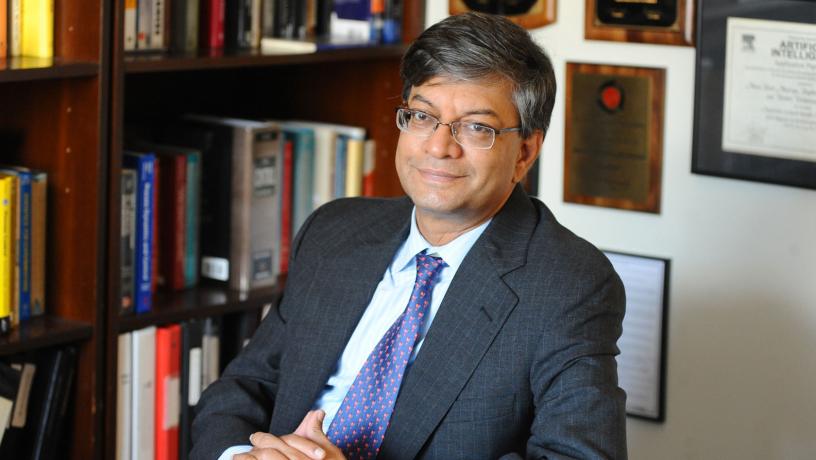
Venkat Venkatasubramanian, Samuel Ruben–Peter G. Viele Professor of Engineering and professor of chemical engineering, was invited by the American Institute of Chemical Engineers Journal (AIChE J) to write a paper on AI. The paper—“The Promise of Artificial Intelligence in Chemical Engineering: Is It Here, Finally?”—was featured on the February 2019 cover. It is already recognized as the #1 most-read paper since 2006 on the AIChE Journal website.
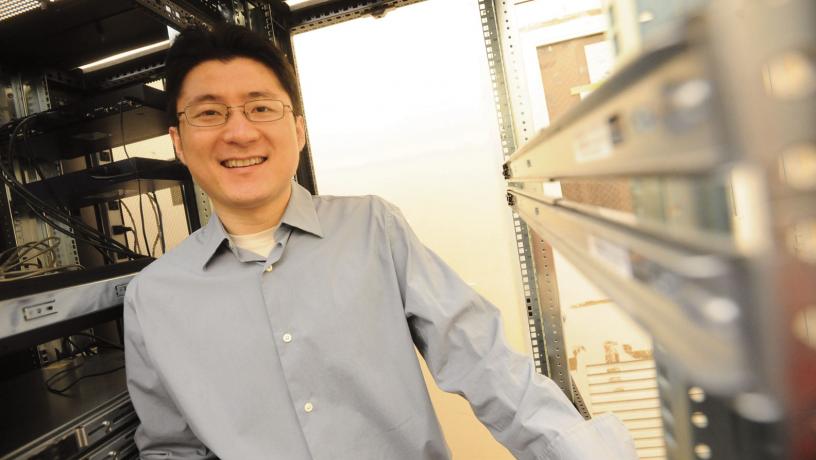
NimbleDroid, an application performance testing company co-founded by Junfeng Yang, associate professor of computer science, and his PhD student Younghoon Jeon, was recently acquired by mobile performance platform HeadSpin. The app is used to detect bugs and performance bottlenecks during the development and testing phase of mobile apps and websites.
